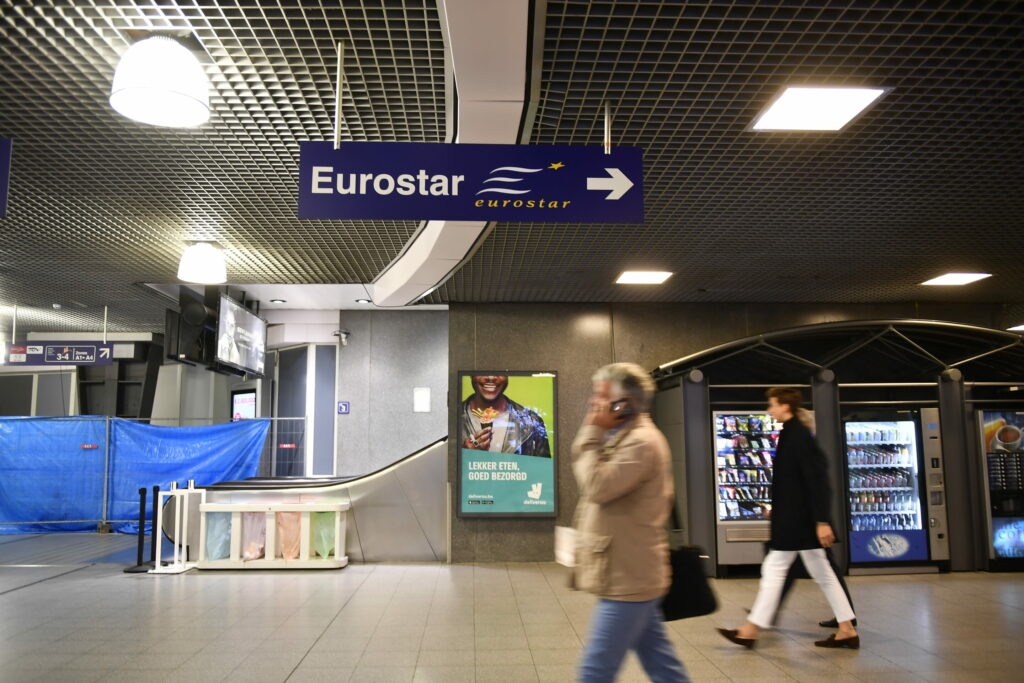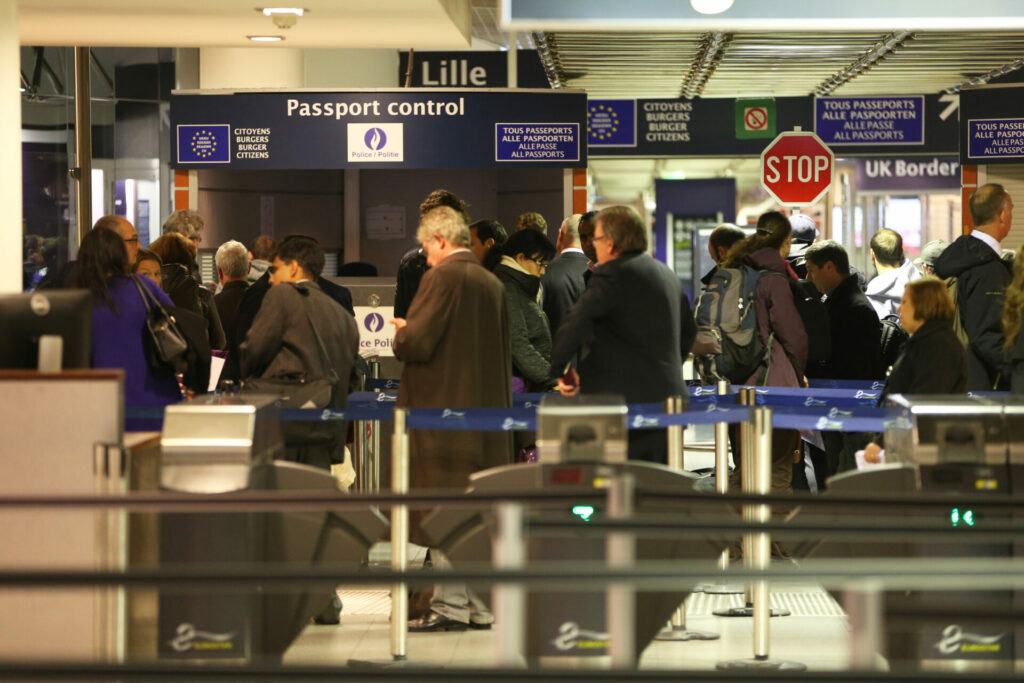The introduction of the European Union's new Entry-Exit System (EES) – which will require biometric checks for third-country nationals travelling to EU countries – has been pushed back yet again, this time until November.
Under the Entry-Exit System (EES), non-EU nationals will have to register their biometric information – including fingerprints and facial scans – at the border the first time they cross it, under the supervision of an EU officer.
The new border checks were planned to take effect from 6 October, but The Independent reports that the new launch date for the EES would be Sunday 10 November – with a "last resort" option to postpone by a week to 17 November to ensure member states are ready.
The European Commission has not confirmed the November date.
'Relief valve'
The news about the additional layer of checks initially led to concerns of huge delays, limited Eurostar service and "chaos" at British points of entry – including the Port of Dover, and Eurostar’s St Pancras terminal – as thousands of travellers would need to go through this process when crossing the border.
Earlier, the European airports' trade body (ACI Europe) had called on the European Commission to reconsider the previous October date, as it would mean additional work to prepare staff and facilities when the sector would still be "fully stretched due to the peak season."
Now, however, the delayed introduction of the system will reportedly be tied to a so-called "relief valve" mechanism, which would allow many people at crowded checkpoints to be excused from this biometric registration the first time, to significantly reduce delays at busy transport hubs.

Eurostar logo. Credit: Belga/Camille Delannois
Originally due to launch at the end of 2021, the system has been pushed back time and time again – most recently following a request from France to delay its implementation until after the Paris Olympics this summer.
A number of European airports, whose late summer season could have run into the EES deadline, also asked for a further postponement. Additionally, concerns that several Member States were not ready to switch from manual to digital checks also played a part.
"The roadmap for the delivery of the new IT architecture foresees that the Entry-Exit system will be ready to enter into operation in Autumn 2024 and that ETIAS will be ready to enter into operation in Spring 2025," Christian Wigand, a European Commission spokesperson, told The Independent.
Related News
- Eurostar looks to quell fears of lengthy delays under post-Brexit rules
- Future post-Brexit passport checks could limit Eurostar services
- New travel rules to enter Europe from next year: What is ETIAS?
"The exact date will be determined by the European Commission and announced on the EES official website well in time for the start of operations. At the moment we do not have a date to communicate," she added.
Once the EES biometric system is up and running, the EU is planning to introduce the ETIAS requirement (similar to the US' Esta visa) in spring 2025. This will require many third-country travellers – including Britons – to also register online for a €7 travel authorisation to cross the Channel or fly into the EU.

